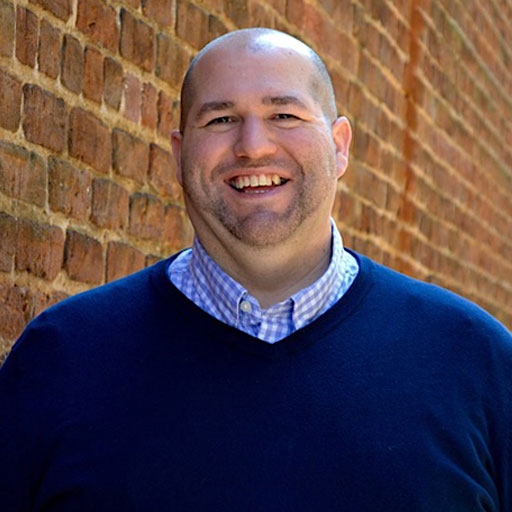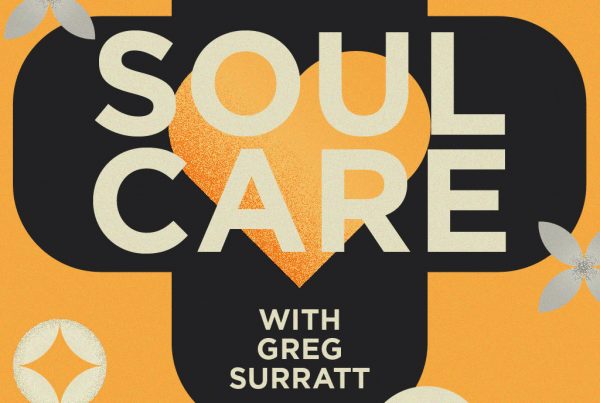
Healthy Marriages
By Travis Smith
Do you want the perfect marriage? Of course you do! There’s nothing better than two people working together in harmony, accomplishing life goals, growing in ministry, and achieving the elusive, happy married life.
I have spent more than fifteen years as a student of human behavior. Pastoral care and counseling are my jam. I have served as chaplain of a level one trauma center, supervised grief counselors and chaplains, and been a counselor for the largest hospice in the southeastern United States. My latest adventure has been founding and leading a mental health and well-being nonprofit that makes counseling available to everyone, regardless of financial barriers. I have counseled many people in grief, turmoil, and pain, including those whose marriages are the source of their pain and turmoil.
I want you to know that you can have a great marriage. You can build a harmonious relationship that is personally fulfilling and effective in ministry.
Throughout my years of counseling I have spent countless hours listening to people who had this kind of marriage and lost it; some regained it over time, but others did not. I’ve also listened to people who never had this kind of marriage. My experience has led me to believe that effective communication is the essential ingredient, the holy grail, to successful marriage relationships.
The basic definition of communication is merely exchanging or conveying information, but the scope of such effective verbal communication involves interpretation and non-verbal cues as much or more than the simple spoken word.
You may be able to relate to this example: A husband realizes his wife is having a tough day, and he asks her, “Are you okay?” She spins around, glaring, and says the dreaded phrase, “I’m fine!” He withdraws to another part of the house wondering, “What did I do?” If he suspects he knows what he did to upset her, he thinks, “I knew I would pay the price for that.”
The verbal communication that took place in this scenario consisted of five words. On face, the exchange of information was brief and clear-cut: The husband asked his wife if she was okay, and she responded that she was fine. But we all know that nothing about this interaction was okay, and she was not fine. The entire conversation was laced with an undercurrent of tension that was not resolved.
Effective communication is not an innate skill. It can be learned, and that's why I believe every married couple should be involved in a counseling relationship, both individually and together
Although I believe my wife and I have a beautiful marriage and we effectively communicate, this counselor regularly sees a counselor. I believe the more we work to enhance our communication, the better our life together grows. Counseling does not indicate there is a problem in your relationship; rather, it demonstrates that you care enough to invest in improving your relationship.
If you decided today that you wanted to begin playing the piano, would you buy an absurdly expensive piano and then sit down immediately with your family and play the most beautiful piece of classical music ever written? Of course not! You must start the long process of becoming a master pianist by taking lessons. Similarly, if you want to make beautiful music in your marriage relationship you must learn the skills to do so. Counseling, especially marriage counseling, provides lessons in effective communication that can result in a lifelong meaningful relationship.
Unfortunately, pastors and church staff often neglect to develop effective communication skills. A recent Lifeway research poll found that 43 percent of pastors remain silent about their struggles and concerns. This is one reason my wife and I developed Hope Rising, to help church staff develop healthy lifestyles and find fulfillment in their relationships. We provide all our services remotely through telehealth, so we can serve you wherever you live. Your relationships and marriage will benefit immeasurably when you take the time and effort to focus on developing effective communication skills.
When churches partner with us and receive our coaching, counseling, and wellness services, they help us fund the cost of providing these same services to our community, regardless of someone’s ability to pay. In this way, Hope Rising is a ministry of healing to the church and the community.


Travis Smith founded the nonprofit Blue Ridge Hope in 2014. Travis is the Executive Director of Blue Ridge Hope, which is located in Western, NC. He served with hospices in western North Carolina and in Charlotte, NC for more than 10 years. Travis earned his bachelor’s degree in religious studies and his Master of Divinity in Pastoral Counseling from Gardner-Webb University in Boiling Springs, NC.
Travis is passionate about removing barriers to access quality health services, promoting holistic integrated care for the community. Travis’s latest venture has been founding and leading Hope Rising, which is designed to provide quality care to church staff and their families. To learn more, visit hoperising.is.





